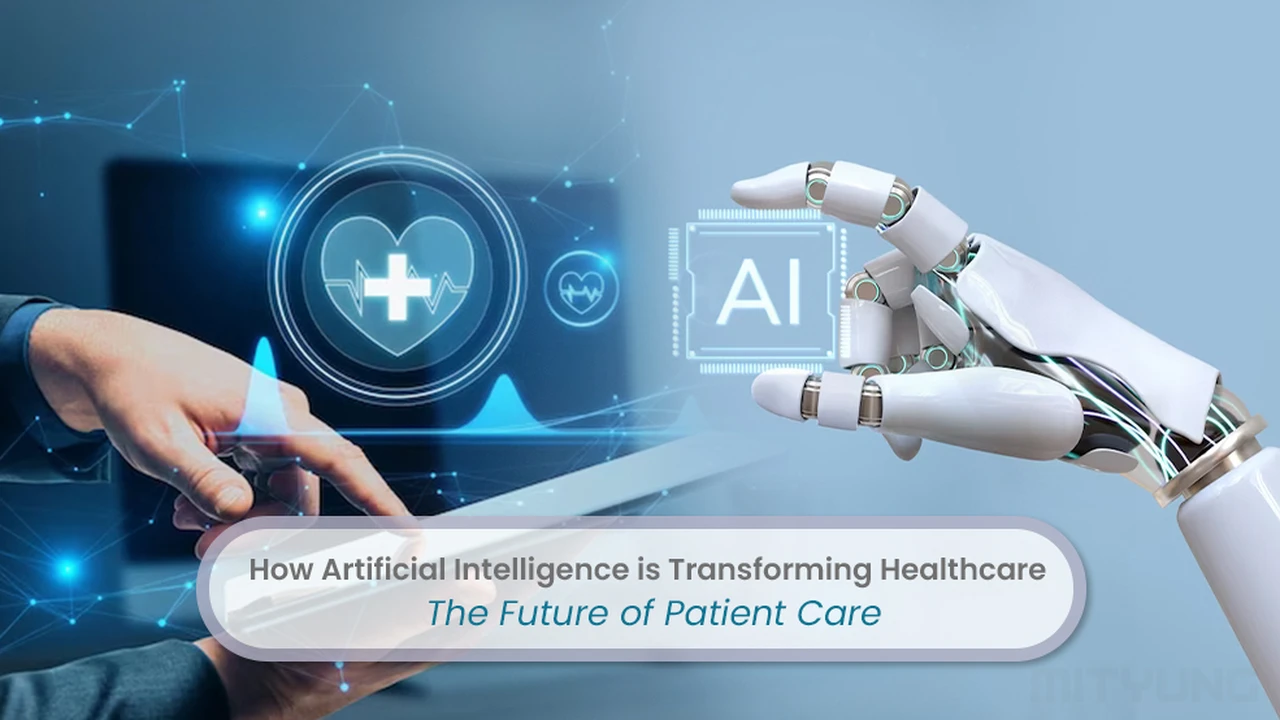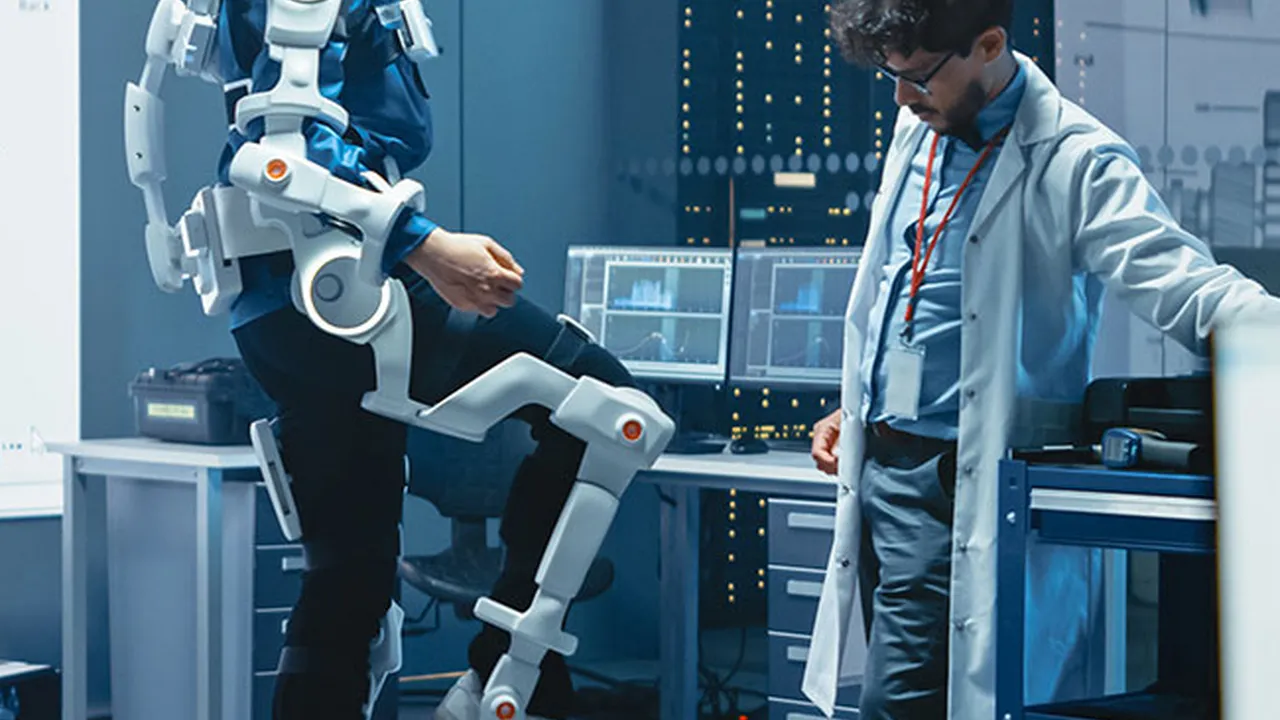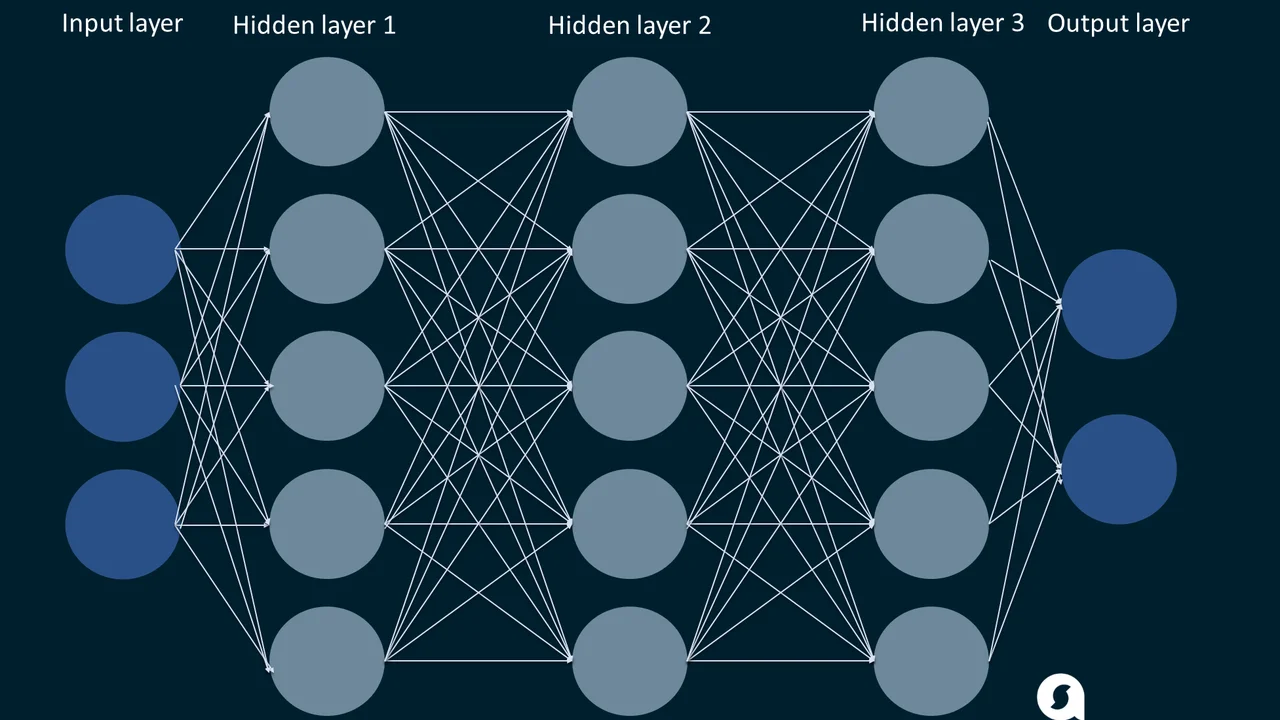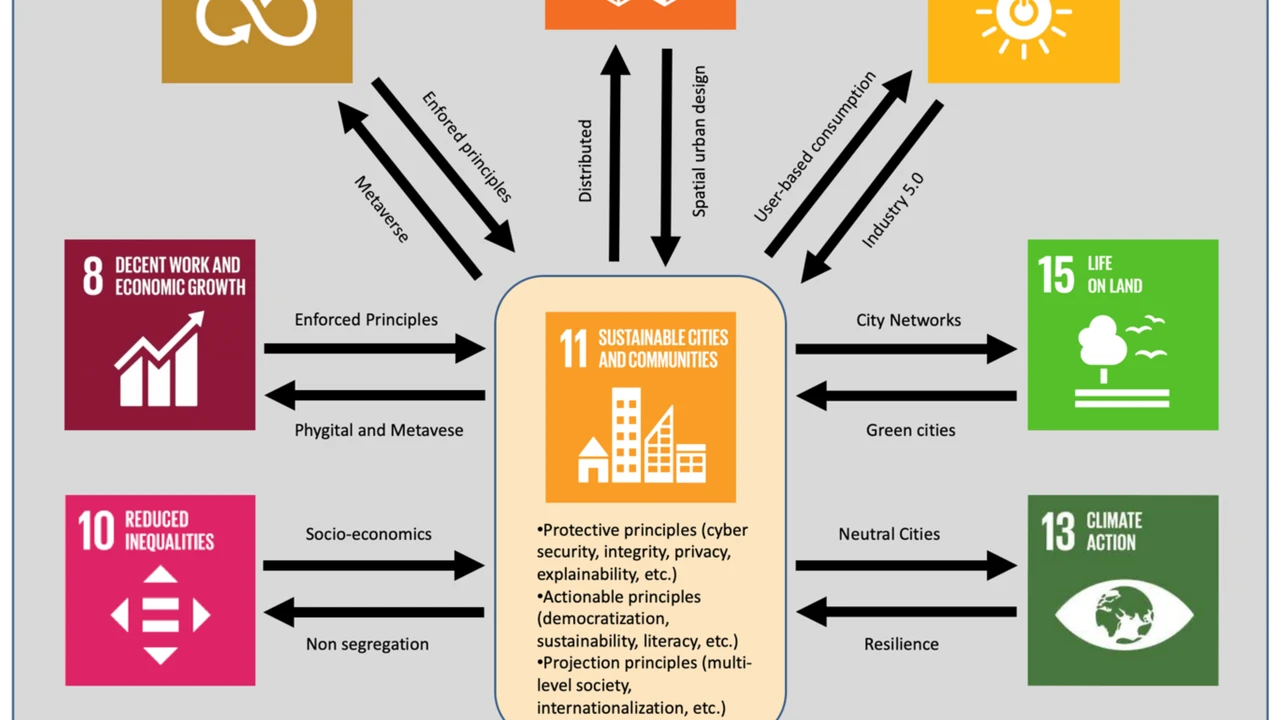AI in Healthcare: 5 Ways It's Transforming Patient Care

Explore 5 key applications of AI in healthcare that are improving patient outcomes. This article examines AI-driven diagnostics, personalized medicine, and robotic surgery. Learn how AI is shaping the future of healthcare.
AI Diagnostics Improving Accuracy and Speed
Okay, let's dive into how AI is seriously shaking up healthcare, especially when it comes to diagnostics. Forget endless waiting times and potential human error. AI is stepping up to the plate, offering faster and more accurate diagnoses than ever before. We're talking about spotting diseases earlier, which can literally be a lifesaver. Think about it: AI algorithms can analyze medical images like X-rays, MRIs, and CT scans with incredible precision. They can pick up on subtle anomalies that might be missed by the human eye. That's a huge win for early detection and treatment.
For example, AI is now being used to detect cancerous tumors in mammograms with greater accuracy. It's also helping doctors diagnose eye diseases like diabetic retinopathy and glaucoma at an earlier stage. And it’s not just about imaging; AI is also analyzing patient data – medical history, symptoms, lab results – to identify patterns and predict potential health risks. Pretty cool, right?
Product Recommendation: IDx-DR is a great example. It's an AI-powered system that autonomously detects diabetic retinopathy in primary care settings. No specialist needed initially! This means more people can get screened earlier, preventing vision loss. It's a game-changer for accessibility.
Personalized Medicine AI Tailoring Treatment Plans
One size fits all? Not anymore! AI is making personalized medicine a reality. This means treatments are being tailored to an individual's unique genetic makeup, lifestyle, and medical history. No more guessing games! AI algorithms can analyze massive amounts of patient data to predict how a person will respond to a particular drug or therapy. This allows doctors to choose the most effective treatment option from the start, minimizing side effects and maximizing the chances of success. Think of it as precision medicine, powered by AI.
For instance, AI is being used to develop personalized cancer treatments based on the genetic mutations of a patient's tumor. It's also helping doctors predict which patients are at high risk of developing certain diseases, allowing them to take preventive measures. This is huge for proactive healthcare and disease management.
Product Recommendation: Tempus is a company leading the charge in personalized cancer treatment. They use AI to analyze a patient's tumor DNA and identify potential therapies. Their platform provides oncologists with actionable insights to guide treatment decisions. While exact pricing varies based on services, their comprehensive genomic sequencing and analysis can range from several thousand dollars. The potential return on investment, however, is significant in terms of improved treatment outcomes and quality of life.
Robotic Surgery AI Enhanced Precision and Recovery
Robotic surgery might sound like something out of a sci-fi movie, but it's already a reality. AI-powered robots are assisting surgeons in performing complex procedures with greater precision, flexibility, and control. These robots can access hard-to-reach areas of the body and make smaller incisions, leading to less pain, faster recovery times, and reduced risk of complications. It's a win-win for both patients and surgeons.
Robotic surgery is being used in a wide range of specialties, including cardiology, urology, gynecology, and general surgery. For example, the da Vinci Surgical System (see below) is used to perform minimally invasive heart valve repairs, prostatectomies, and hysterectomies. It's changing the landscape of surgical procedures.
Product Recommendation: The da Vinci Surgical System by Intuitive Surgical is the most well-known robotic surgery platform. Surgeons control the robotic arms with incredible precision. This leads to smaller incisions, less blood loss, and faster recovery for patients. The cost of a da Vinci system can be upwards of $2 million, with ongoing maintenance and training costs. However, hospitals invest in these systems because they can improve patient outcomes and attract top surgeons.
AI Powered Remote Patient Monitoring Improving Access and Care
Imagine being able to monitor your health from the comfort of your own home. AI is making this a reality with remote patient monitoring (RPM) systems. These systems use wearable sensors and other devices to track vital signs, activity levels, and other health data. This data is then analyzed by AI algorithms to identify potential health problems and alert healthcare providers. RPM is especially beneficial for patients with chronic conditions like diabetes, heart disease, and asthma. It allows them to receive timely care and avoid unnecessary hospital visits. It's also improving access to healthcare for people in rural areas or those who have difficulty traveling to a doctor's office.
Product Recommendation: Livongo (now part of Teladoc Health) provides remote monitoring and personalized coaching for people with chronic conditions like diabetes and hypertension. Their platform uses AI to analyze patient data and provide tailored recommendations. This helps patients manage their conditions more effectively and improve their overall health. Their programs are typically offered through employers or health plans. Pricing varies depending on the program and coverage.
AI Drug Discovery Accelerating Research and Development
Developing new drugs is a long, expensive, and risky process. But AI is helping to accelerate drug discovery and development by analyzing vast amounts of data to identify potential drug candidates and predict their effectiveness. AI algorithms can also be used to design new molecules with specific properties and optimize drug formulations. This can significantly reduce the time and cost of bringing new drugs to market. AI is also helping researchers identify existing drugs that could be repurposed to treat other diseases. This is a faster and cheaper way to find new treatments for conditions like COVID-19.
Product Recommendation: Atomwise uses AI to predict the activity of small molecules for drug discovery. Their platform helps researchers identify potential drug candidates more quickly and efficiently. They partner with pharmaceutical companies and research institutions to accelerate the development of new therapies. While pricing is tailored to each partnership, their AI-powered platform can significantly reduce the time and cost of drug discovery.
Comparing AI Healthcare Products Key Features and Pricing
Okay, let's break down some of the AI healthcare products we've mentioned and compare them a bit. Remember, pricing can change, so always double-check with the vendor for the most up-to-date info.
- IDx-DR: Focuses on diabetic retinopathy detection. Great for early screening in primary care. Improves access. Pricing is per test or subscription-based, making it accessible for smaller clinics.
- Tempus: Specializes in personalized cancer treatment through DNA analysis. Provides actionable insights for oncologists. Comprehensive genomic sequencing is a premium service.
- da Vinci Surgical System: A robotic surgery platform enhancing precision and minimizing invasiveness. A significant capital investment for hospitals but offers long-term benefits.
- Livongo (Teladoc Health): Remote monitoring and coaching for chronic conditions. Helps patients manage their health proactively. Typically offered through employers or health plans.
- Atomwise: AI-powered drug discovery platform accelerating research and development. Partners with pharmaceutical companies and research institutions. Tailored pricing.
Choosing the right AI solution depends on the specific needs and goals. For example, a small clinic might benefit most from IDx-DR, while a large hospital might invest in the da Vinci system.
The Future of AI in Healthcare What to Expect
AI's role in healthcare is only going to grow. We're talking about even more personalized treatments, more accurate diagnoses, and more efficient healthcare systems. Expect to see AI playing a bigger role in preventative care, helping people stay healthy and avoid getting sick in the first place. We'll also see AI helping to address some of the biggest challenges facing healthcare today, like the shortage of healthcare professionals and the rising cost of care. It's an exciting time for AI in healthcare, and the potential to improve patient outcomes is enormous.
:max_bytes(150000):strip_icc()/277019-baked-pork-chops-with-cream-of-mushroom-soup-DDMFS-beauty-4x3-BG-7505-5762b731cf30447d9cbbbbbf387beafa.jpg)






